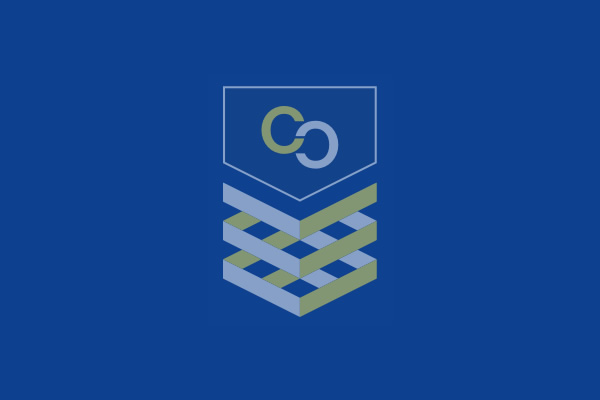23 June 2021
A CyberSec4Europe News Round-Up
Here is a highlight of some of the recent news stories associated with CyberSec4Europe and its partners:

Cross Border Data Flows
CyberSec4Europe in collaboration with Trust in Digital Life (TDL) and with the friendly support of the Representation of the State of Hessen to the EU are hosting an evening panel discussion on ‘Cross Data Border Flows: security and privacy issues within the EU and beyond’ from 18:00-19:30 CEST on 6 July 2021.
Introducing Fixed-Time Cybersecurity Evaluation Methodology for ICT Products
The fifth Insights webinar will take place at 12:00-13:00 CEST on 22 July 2021 on the topic, ‘Introducing Fixed-Time Cybersecurity Evaluation Methodology for ICT Products (FITCEM/prEN 17640)‘ and presented by Dr Helge Kreutzmann from the German Federal Office for Information Security (Bundesamt für Sicherheit in der Informationstechnik or BSI).
Please register here if you wish to participate.
Developing SME Cybersecurity Resilience in Europe
A report and a recording of the evening panel discussion hosted by CyberSec4Europe that took place on 5 May 2021 involving representatives from DG CONNECT, the European DIGITAL SME Alliance as well as the CYBERWISER.EU, cyberwatching.eu and Cyber-GEIGER projects are now available.
Developments in European regulations
The presentations given by Alessandro Mantelero and Giuseppe Vaciago during the last Insights webinar on 17 May 2021 as well as an audio recording are available here.
Zero Trust Architectures
Christos Douligeris and Constantinos Patsakis both from the University of Piraeus are co-editing a special issue of the Springer Cybersecurity journal on Zero Trust Architectures. Resulting from a surge of interest associated with a recent IEEE Symposium on Computers and Communications, the editors are inviting article submissions to solicit the latest theoretical research output for ZTA and its implementations with a stated preference for research articles with a clear cyber security application background. The deadline for the submission of articles is 1 December 2021. More information can be found here.
Is Zoomification good for Higher Education?
A good example of timely research making profound societal impact, which has been made possible by CyberSec4Europe (and EU funding), is a paper co-authored by Tobias Fiebig and others from TU Delft and elsewhere entitled ‘Heads in the Clouds: Measuring the Implications of Universities Migrating to Public Clouds’. The paper on the “zoomification” of universities and the implications of hosting public education in the cloud from a very small set of suppliers is getting quite a lot of attention in the relevant communities.
Beware the Python!
Vasilios Koutsokostas and Constantinos Patsakis both from the University of Piraeus recently published ‘Python and Malware: Developing Stealth and Evasive Malware Without Obfuscation’ which assesses the efficacy of the defensive mechanisms used to detect the continuous rise of malicious campaigns and the exploitation of new attack vectors. The article was picked up by the technical press which observed that ‘A popular Python developer tool could also become a potent malware accessory, according to new research’ suggesting that ‘cybercriminals would be able to take advantage of the most popular Python application builder to create packers that are not caught in scans’. Scary stuff!
Roadmapping the future
The four pilots and ECSO recently delivered a list of research priorities in the area of cybersecurity in response to a recent request from the JRC and DG CONNECT. The twelve focus areas are seen as the most notable priorities but are by no means exhaustive and are, as expected, generally intertwined with each other. Research priorities with respect to specific vertical sectors will be addressed in future releases.
A four-pilot joint presentation
The four-pilot communications group has produced a single presentation that covers the joint objectives as well as a brief set of highlights from each pilot: CyberSec4Europe, SPARTA, ECHO and CONCORDIA. The intention is that this unique presentation can be delivered by any one of the projects.
Experts sought
The European Commission is keen to hear from individuals who are interested in registering as experts for the duration of the current financial framework period i.e., 2021-2027. The details are attached. Here are the call and the portal for registration.
CyberSec4Europe Review
On 29 June 2021 CyberSec4Europe will undergo its second periodic review covering the 14 months from April 2020 to May 2021. The European Commission project officer together with three cybersecurity experts will cast a critical eye over the project’s activities which includes 24 submitted deliverable reports. As with the first periodic review which took place in May 2020 the interaction between the project partners and the review team will be online rather than in person.
